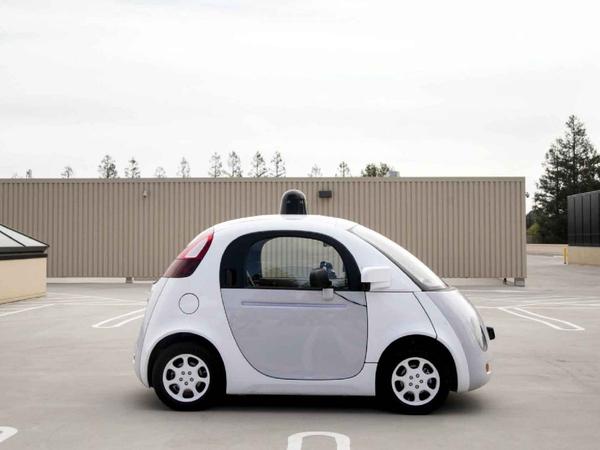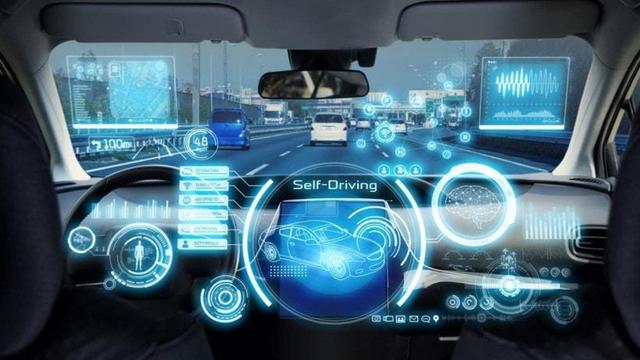
What does it take to launch driverless cars in India?
Both mainstream OEMs and new age start-ups are experimenting with self-driving/ driverless vehicle technology. Startups like Flux Auto, Minus Zero, Ati Motors, etc. are among players trying to carve out a niche for themselves in this domain. But still there remain many challenges before these fantasy cars become a reality on an Indian road.The broad 2 challenges to bring these cars on roads in India are technology availability and trust.For autonomous cars, the major enabling part has to be data. This would mean all the learning and insights in regards to the road map, understanding of the traffic, behavior and prediction of instances, road manners and weather data. This data coupled with artificial intelligence and machine learning algorithms and systems to compute the intelligence will provide the automation to a vehicle. But do we have this?“Not yet – both technology and software at a commercially economic scale is missing and so is the capability. Globally and in India OEMs are thinking of ways and means to develop “software as a capability” and other associated areas. It will require intent and investment to nurture and grow the current nascent capability ecosystem,” said Rahul Mishra, Partner, Kearney.Moreover the connected car system will depend a lot on connectivity. Till we have a massive 5G rollout in India it will be difficult to run these autonomous vehicles. Because the speed of analytics and decisions we are talking about can not be taken unless the connectivity with the car can be completely trusted.All of the automotive giants, Tata, Hyundai and Mahindra & Mahindra are working towards creating assisted automation which suits Indian roads but how will these cars run on the road in harmony with a human driven car?AI driven cars will raise big questions on the ethics part of AI and automation. Where in the case of BFSI, the false negative or a false positive would cost a couple hundred dollars to the company, in the case of cars, it could be casualty leading to death. So it is important to infuse trust in these intelligent machine-driven systems.Purushottam Kaushik, Head, Center for the Fourth Industrial Revolution, World Economic Forum, India believes that this trust will build over time as it did with airplanes. The airplane systems have learned and become so intelligent that human intervention is needed to its minimum today.“Until the time it develops trust and acceptability, we will only see adoption in closed and controlled environments. We need to keep the test trials on till the time human-run and an autonomous AI driven car could be on the same road where both of them can trust each other,” Kaushik said.But India is not the first country to try this. Several other countries have tried and tested these and a few are successfully running these cars then why don’t we learn from them?Well, we are but it is not as easy as it may seem.Western countries can help us with technology but not with data. The data that these cars run on is not replicable but is rather unique to every country or perhaps state. Further, the algorithms have been tested and run in geographies where traffic behaviors are different than in India so it will require more efforts to tune the algorithms and feed in the Indian data.Maya Ben Dror, Industry Manager, Automotive and New Mobility, World Economic Forum believes that despite the varying contexts, countries will have to learn from each other since the basic technology part is the same and is learnable. She insisted on having learning that is global and is shared for the success of autonomous cars.But what’s the future?Even if we succeed with these AI-enabled cars, will they be affordable? Absolutely, not and hence there may again be a shift and a transition in how we see a car. And this change will be from using a car as a product to mobility as a service."The transition to autonomous vehicles given the cost reduction and the safety aspects will accelerate the shift from the car as a product to mobility as a service. And that comes with a promise of building a sustainable service. We project that there will also be a transition from privately owned vehicles into mobility as a service where the consumer investment will be per mile or per ride or use,” Maya explained.Follow and connect with us on Twitter, Facebook, Linkedin, YoutubeNext-Gen Technologiesworld economic forumRahul Mishrapurushottam kaushikmaya ben drorKearneydriverless carautomotiveAI exclusiveAi enabled carAI


